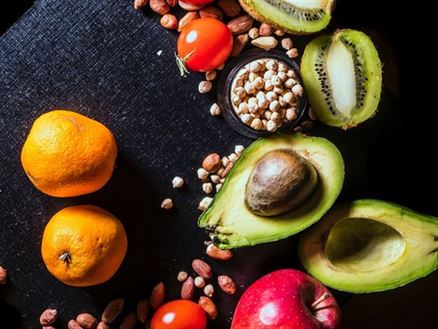The Science Behind Keto-Friendly Snacks
Diving Into the Science of Keto Snacks: Macronutrient Profiles and Their Impact on Ketosis and Overall Health
Introduction: The Critical Role of Snacking in a Keto Lifestyle
As more people jump on the keto diet bandwagon, the quest for the perfect keto snack has never been more important. While many believe that snacking is counterintuitive to weight loss, when done right, it can be a powerful tool for fat burning and maintaining ketosis. In this article, we will unpack the science behind keto snacks, their macronutrient profiles, and how they can contribute to your overall health.
Macronutrients 101: Fats, Proteins, and Carbohydrates
Understanding the macronutrients in keto snacks is crucial for staying in ketosis. The key macronutrients in any diet are fats, proteins, and carbohydrates.
- Fats: The primary macronutrient in the keto diet, making up about 70-80% of your daily caloric intake.
- Proteins: Important for muscle repair and growth, accounting for 20-25% of caloric intake on a keto diet.
- Carbohydrates: Limited to just 5-10% of daily caloric intake, ideally coming from fiber-rich vegetables.
Analyzing Macronutrient Profiles of Popular Keto Snacks
Here, we dissect some of the popular keto snacks and their macronutrient profiles:
1. Avocado
- Fats: 21g
- Proteins: 3g
- Carbs: 12g (9g fiber)
2. Almonds
- Fats: 14g
- Proteins: 6g
- Carbs: 6g (3.5g fiber)
3. Cheese Crisps
- Fats: 10g
- Proteins: 11g
- Carbs: 1g
How Macronutrients Support Ketosis
Fats are the powerhouse of ketosis. When carbohydrate intake is reduced, the body enters a state of ketosis where it burns fats for energy. Quality fats like MCT oils or omega-3 fatty acids can provide a faster energy source and help maintain a stable state of ketosis.
Proteins are important but need to be consumed in moderation. Excess protein can be converted into glucose, pulling you out of ketosis.
Carbohydrates should be minimal and ideally come from high-fiber sources, which can actually aid digestion and help maintain ketosis.
The Role of Keto Snacks in Overall Health
Snacking on keto isn’t just about staying in ketosis; it also plays a role in overall health and well-being. Nutrient-dense snacks like nuts and avocado provide essential vitamins and minerals. Moreover, keto-friendly snacks often contain less sugar, reducing the risk of spikes in blood sugar levels, thereby potentially assisting in diabetes management.
How to Choose the Right Keto Snack: Tips and Tricks
- Look for High-Quality Fats: Opt for snacks rich in unsaturated fats and omega-3 fatty acids.
- Check Protein Content: Ensure it’s enough for muscle repair but not too much to kick you out of ketosis.
- Low Net Carbs: Always subtract fiber from the total carbohydrates to calculate net carbs, the true measure for maintaining ketosis.
- Read Labels: Always read the nutritional labels for hidden sugars or additives.
Conclusion: Making Informed Choices for Healthy Keto Snacking
Snacking wisely on the keto diet is not just about killing hunger pangs; it’s an intricate science that involves balancing macronutrients to maintain a state of ketosis and boost overall health. By understanding the macronutrient profiles of keto snacks, you can not only sustain ketosis but also ensure you’re nourishing your body in the most effective way possible.






